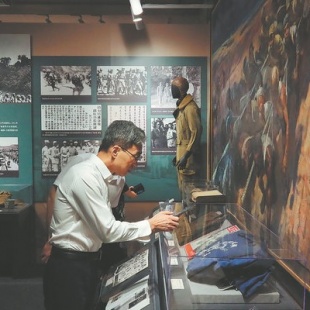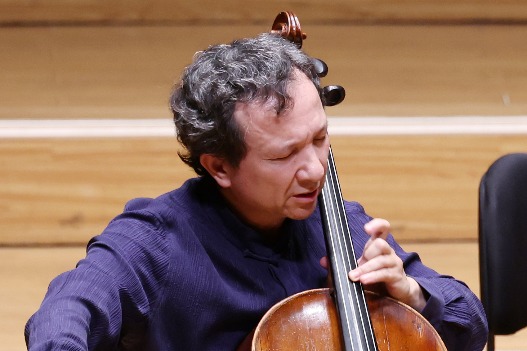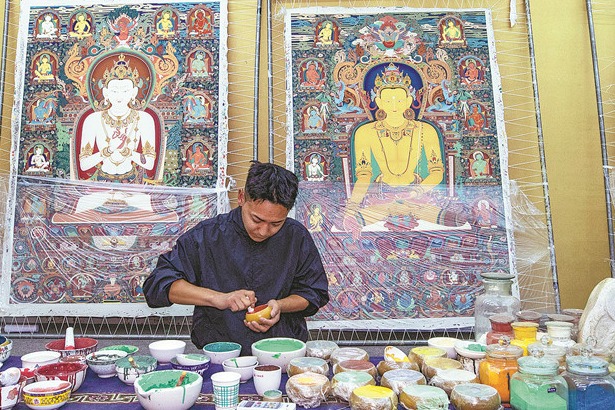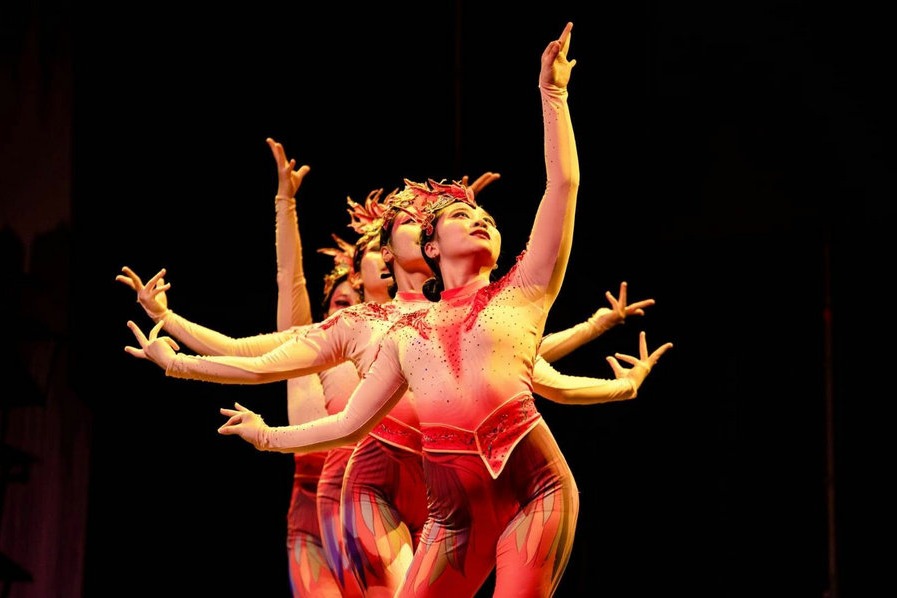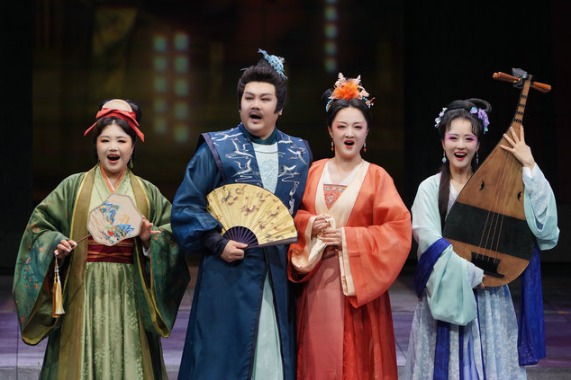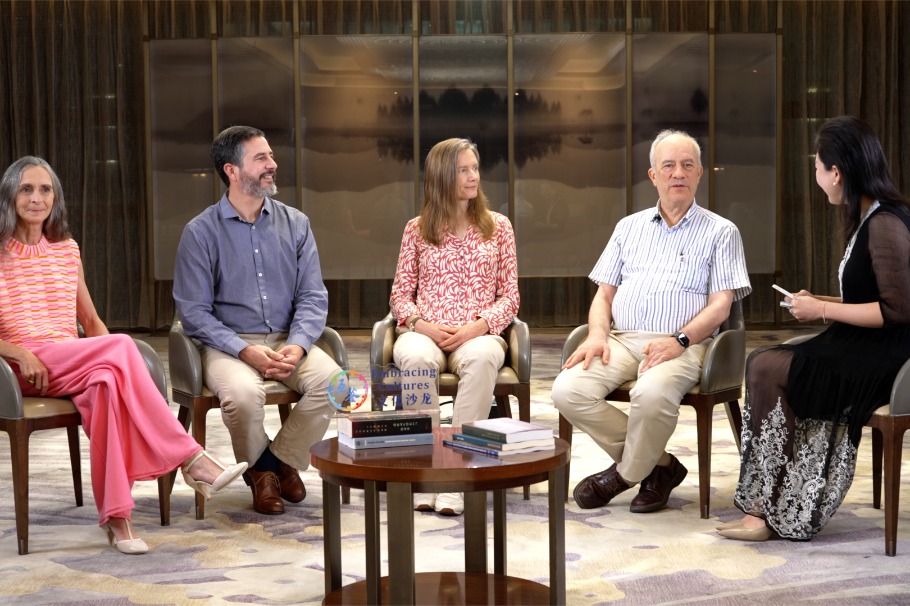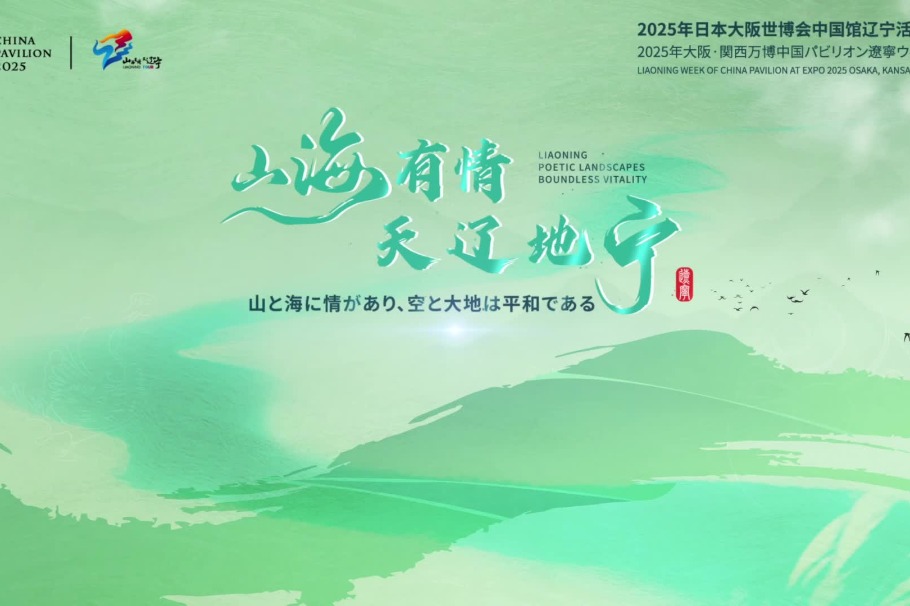Exhibition highlights heroic wartime contribution of overseas Chinese

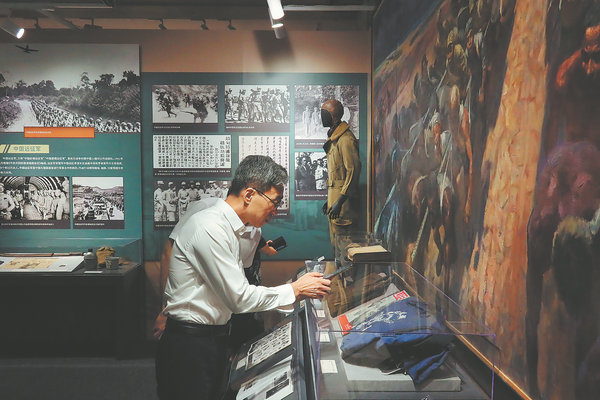
In the history of the Chinese People's War of Resistance Against Japanese Aggression (1931-45) and the World Anti-Fascist War, overseas Chinese people played an irreplaceable role. They either campaigned tirelessly abroad to support the resistance effort, made practical contributions through donations and supplies, or journeyed across oceans to defend their motherland.
Amid the 80th anniversary of the victory in the resistance war, a newly opened exhibition, Unwavering Solidarity Across the Ocean: Special Exhibition Commemorating the Overseas Chinese in the Chinese People's War of Resistance Against Japanese Aggression and the World Anti-Fascist War, which kicked off on Aug 14 at Beijing's Overseas Chinese History Museum of China, has put the remarkable efforts contributed to the victory by overseas Chinese people in the spotlight through nearly 400 artifacts on display.
"In this arduous struggle, although the overseas Chinese were far away from their motherland, they remained deeply connected to it and shared the destiny of their homeland, standing united in heart and spirit," says Cheng Hong, vice-president of the All-China Federation of Returned Overseas Chinese.
"With unprecedented national awakening and tremendous sacrifice, they composed a heroic and touching chapter in the annals of China's war against Japanese aggression, as well as in the monumental history of the World Anti-Fascist War," she adds.
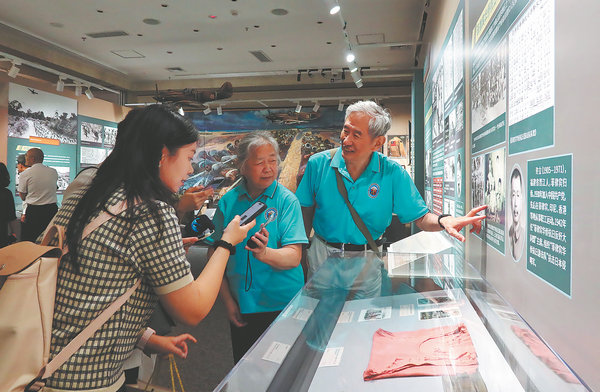
According to Liu Junqi, a tour guide at the museum, since the beginning of the war, overseas Chinese donated a large amount of money and goods to support the resistance.
The display highlights a cloth bag, on which there are four Chinese characters, wei min qing ming ("pleading for the people"). Behind it is the story of Qing Chew Chiang, a Malaysian Chinese who spared no efforts in donating money to support the resistance.
Born into a poor family in Jiangmen, Guangdong province, in 1904, Qing followed his father to work in Malaysia as a teenager. From 1937 to 1941, by selling melon seeds and peanuts and raising funds, he earned a large sum of money and donated it to the Relief Committee of Nanyang Overseas Chinese for China's Refugees, an organization to help overseas Chinese support their motherland and contribute to China's efforts in the war.
"Since his father in his hometown was killed by Japanese invaders, he understood the phrase 'first comes the country, then the family'," says Liu.


